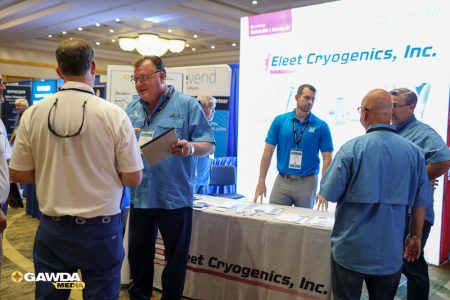FMCSA Issues Final Rule on Drivers with Diabetes
The Federal Motor Carrier Safety Administration has published a final rule to permit individuals with a stable insulin regimen and properly controlled insulin-treated diabetes mellitus (ITDM) to be qualified to operate commercial motor vehicles in interstate commerce. See 83 Fed. Reg. 47486 (September 19, 2018).
Previously, ITDM individuals were prohibited from driving CMVs in interstate commerce unless they obtained an exemption from FMCSA. This rule enables a certified medical examiner to grant an ITDM individual a Medical Examiner’s Certificate, MCSA–5876, for up to a maximum of 12 months. To do so, the treating clinician, the healthcare professional who manages and prescribes insulin for the treatment of the individual’s diabetes, provides the Insulin-Treated Diabetes Mellitus Assessment Form (ITDM Assessment Form), MCSA–5870, to the certified ME indicating that the individual maintains a stable insulin regimen and proper control of his or her diabetes. The certified ME then determines that the individual meets FMCSA’s physical qualification standards and can operate CMVs in interstate commerce.
Prior to the annual or more frequent examination by the certified ME, the individual must have an evaluation by his or her treating clinician. All ITDM individuals must provide to the treating clinician at least the preceding three months of blood glucose self-monitoring records while being treated with insulin to be eligible for up to the maximum 12-month Medical Certificate. If the driver does not provide the three months of records, the certified ME has discretion to grant the individual up to but not more than a 3-month Medical Certificate.
The effective date of the rule is November 19, 2018. The final rule eliminates the diabetes grandfather provision under 49 CFR § 391.64(a) one year after the effective date of this rule and also eliminates the need for the federal diabetes exemption program.
PHMSA Preempts California Meal and Rest Break Rules for Hazmat Drivers
The Pipeline and Hazardous Materials Safety Administration has issued a decision preempting the California meal and rest break requirements as applied to drivers of vehicles transporting hazardous materials. Refer to 83 Fed. Reg. 47961 (September 21, 2018). The decision granted a petition for preemption filed by the National Tank Truck Carriers.
NTTC argued that the California meal and rest break regulations should be preempted because they:
- Create unnecessary delay for the transportation of hazardous materials;
- Conflict with the HMR attendance requirements; and
- Create an obstacle to accomplishing the security objectives of the HMR.
The California Labor Code rules require all transportation employees to receive a 30-minute meal break for every 5 hours worked and a 10-minute rest break for each 4 hours worked.
PHMSA ruled that California’s meal and rest break rules create unnecessary delay in the transportation of hazardous materials and are therefore preempted with respect to all drivers of motor vehicles that are transporting hazardous materials.
Separately, the agency also found that the California meal and rest break requirements are preempted with respect to drivers of motor vehicles that are transporting Division 1.1, 1.2 or 1.3 explosive material and are subject to the attendance requirements of 49 CFR 397.5(a), because it is not possible for a motor carrier employer’s drivers to comply with the off-duty requirement of the California rule and the federal attendance requirement.



